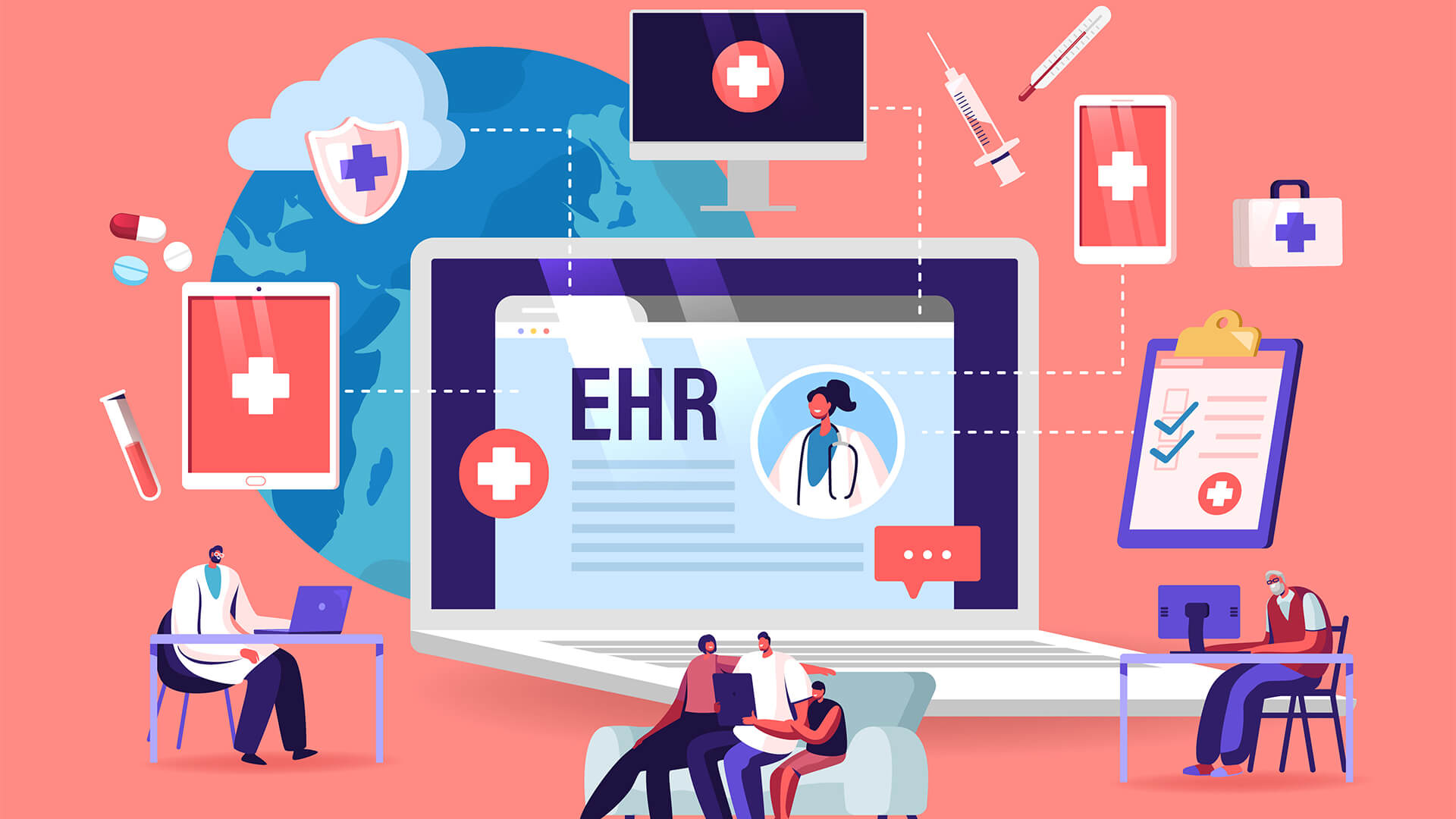Health care organizations all over the world have been switching to electronic health records in recent years, and with good reason. EHRs are real-time, patient-centred documents that provide authorised users with instant and secure access to patient information. The records contain information like patients’ medical histories, medications, diagnoses, allergies, lab results, immunization dates, and treatment plans.
EHRs make it easier and quicker for health care professionals to make decisions regarding patients’ care, but they have many other advantages too. Here is a look at why electronic health records are a good idea for your health care organization.
Information Can Easily Be Shared Between Different Organisations and Professionals
One of the key features of EHR interoperable software systems is they can be shared between authorized health care providers across more than just one organisation. Patient info can be shared between labs, pharmacies, medical imaging facilities, specialists, workplace clinics and more, which means workflows become much smoother and efficient and patients can get better care. So, EHRs can transform the way in which care is delivered and compensated. In addition to improved patient care, EHRs help to increase patient participation and improve care coordination, diagnostics, and patient outcomes.
Greater Efficiency Means Lower Costs
When processes become more efficient via using EHRs, it means your health care organisation can in turn save costs. After all, time is money. When health care professionals are able to speed up things like diagnostics and new data can be entered into the EHR system to ensure all health care professionals and organisations in the network can access up-to-date information quickly, you can reduce the costs of your health care organisation’s operations substantially. Things like decreased paperwork and reduced testing duplication also enable health care organisations to reduce their costs.
Patients Can Beneficially Access Their Own EHRs
EHRs are not only beneficial to health care organisations and professionals. They are also advantageous for patients. With an EHR, a patient can access his or her own record and see things like the trend of the last year’s lab results. With access to such data, a patient can become more motivated to keep up with his or her medical recommendations, such as lifestyle changes, that have helped to improve the patient’s results.
Other Benefits of EHRs
It should already be clear why EHRs are a good idea for health care organisations. For instance, with more complete and up-to-date patient information, health care professionals can make well-informed decisions quickly, which means patient care is improved and safety risks are reduced. Other benefits of using EHRs include:
- Being able to automatically transmit patient data upon completing common data entry tasks.
- Enabling quick access to patient records for more efficient and coordinated care.
- Improving patient and health care provider interaction and communication.
- Improving the convenience of accessing records.
- Enabling more reliable and safer prescribing.
- Improving the security and privacy of patient data.
- Improving billing procedures.
- Helping health care professionals and organisations to improve their efficiency and meet goals.
Are electronic medical records and electronic health records the same?
If your health care organization is still running on paper documentation, it is about time you changed with the times and start using digital records. But you could be a little confused about the difference between electronic health records and electronic medical records. EMRs are different to EHRs. An EMR is a digital version of the paper charts found in clinicians’ offices. The document contains the medical and treatment history of the facility’s patients. There are obvious benefits of EMRs over paper records. For instance, they enable health care professionals to track data over time and easily identify which patients are due for check-ups or preventive screenings.
The problem with EMRs is they are confined to the individual health care organisation using them. For other health care professionals to access the records, they could need to be printed out and sent in the mail, thus not adding any advantage to paper records when it comes to sharing data with others. That is why EHRs are so much better. They do all of the things that EMRs do and much more. Taking all of the above considerations and benefits of electronic health records into account, it should now be obvious why your health care organisation should switch to EHRs.


















